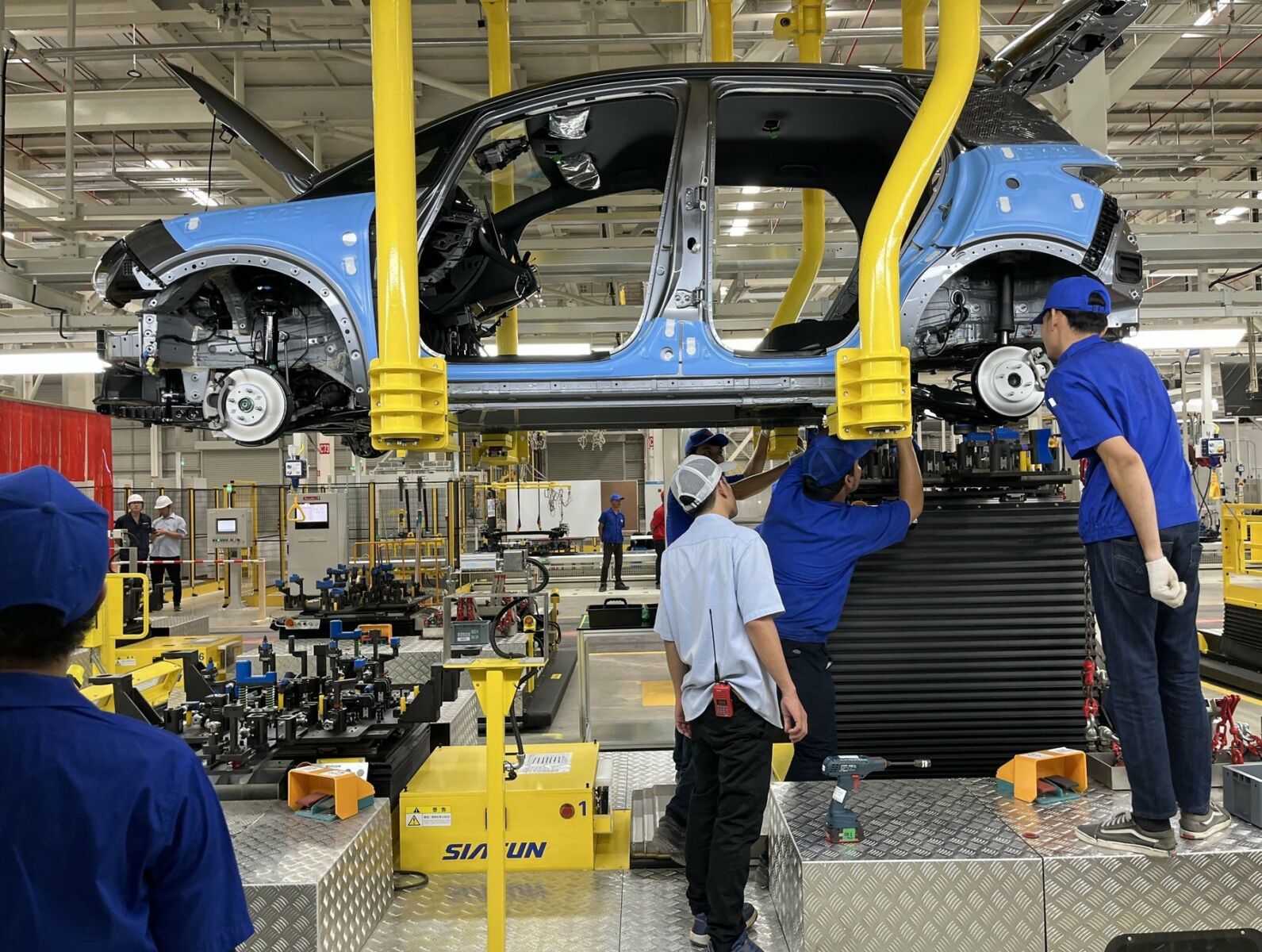Thailand car makers must shift into gear for EV production by 2026

In a bold move that’s set to shift gears in the automotive world, the Excise Department declared that car manufacturers cashing in on the government’s electric vehicle (EV) incentives must start cranking out key components right here in Thailand by 2026. That’s the word from Excise Department Director-General Ekniti Nitithanprapas.
Ekniti has laid down the law, insisting that the electric motor, reducer, and inverter must all be assembled domestically. The electric motor is the powerhouse, converting electrical energy into the zippy kinetic energy that gets you on the road. The reducer acts like a gearbox in traditional cars, while the inverter switches direct current (DC) from the battery into alternating current (AC) to keep the wheels turning!
Thanks to the government’s phased EV promotion measures, which have been revved up by the Excise Department, auto manufacturers are now establishing production bases in Thailand. In fact, investments from these car-makers have topped a whopping 80 billion baht—talk about a drive for success!
However, it’s not all smooth sailing. Participating companies must manufacture EVs locally to keep their foot on the pedal, matching imports at 100% of their sales in the first year. If they miss the mark, they’ll need to produce 1.5 times their sales volume in the second year—no pressure!
This tough love aims to get car manufacturers to set up shop in Thailand, sparking new investments and creating jobs. It’s all part of a strategy to boost the economy while steering towards environmental sustainability.
But it’s not all good news. Ekniti revealed a troubling 30% dip in the department’s vehicle tax revenue during the first 11 months of fiscal 2024, largely due to plummeting production and sales, as well as tax cuts for EVs. Vehicle tax collection remains a vital cash cow for the department, so they’ll be keen to get back on track.
Tax exemption
Meanwhile, the Board of Investment previously given the green light for measures to boost investment in EV battery manufacturing. Investors in module-level manufacturing can enjoy an eight-year corporate income tax holiday, while those at the pack level get a five-year exemption.
But hold your horses—these levels aren’t subsidised by the EV promotion fund. Cell-level investments, however, do get an eight-year tax exemption along with fund subsidies, said Ekniti.
“Establishing production bases and manufacturing EVs domestically is a key condition of these measures.”
With the government’s pedal to the metal, these initiatives are set to not only drive the growth of the EV sector but also bolster local manufacturing capabilities—keeping Thailand firmly in the fast lane towards a sustainable future!
Latest Thailand News
Follow The Thaiger on Google News:


























